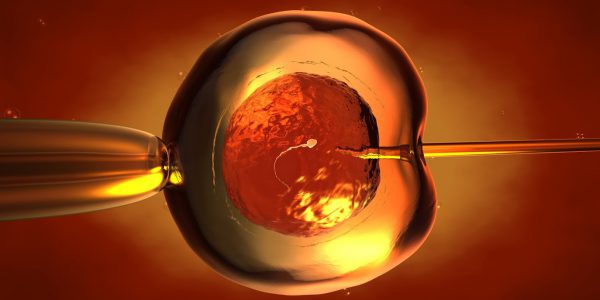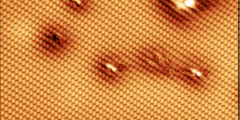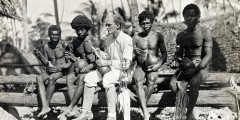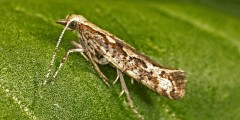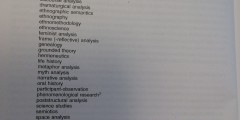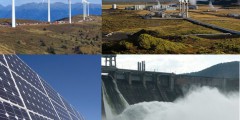Heritable Genome Editing: National and international governance challenges and policy options
July 27, 2019
This blog post has been co-authored with Achim Rosemann (University of Exeter). A shorter and slightly different version has been published by the BioMed Central ‘On Society’ Blog. *** Germline gene editing has become a hot topic in science and in society, after one Chinese scientist edited embryos in 2018, an experiment that a Russian …
Genome editing in the news: Trying to keep up
August 3, 2018
Gene/genome editing has been much in the news recently and it is becoming increasingly difficult to stay on top of new developments. The last two weeks alone have seen major announcements, which I shall briefly list in this blog post. This leads me to a question that has been troubling me: How does one do …
Radhika, Kim and the quantum cat: Graphic nanoscience
September 24, 2016
Some months ago I wrote a blog post about a physics project I am involved in here at the University of Nottingham, led by Professor Philip Moriarty which we call for short: 3D printing with atoms. I am engaged with the project as a social scientist interested in examining how such difficult research is being …
Science, politics and magic
April 10, 2016
A couple of years ago, prompted by an article by Bernadette Bensaude-Vincent, I wrote a blog post about ‘responsible innovation’ as a buzzword. About a year ago, I tried to understand the appeal of another buzzword, namely ‘co-production’. Yesterday, I cleared out some files and happened to come across some thirty-year-old notes on the magical …
Reviewing the evidence on transparency in science: a response to Lewandowsky & Bishop.
March 30, 2016
Co-authors: Warren Pearce, Sarah Hartley & Brigitte Nerlich. In January, Nature published a Comment piece by Lewandowsky and Bishop entitled “Don’t let transparency damage science“. The authors argued that some of the “measures that can improve science — shared data, post-publication peer review and public engagement on social media — can be turned against scientists”. …
Who is responsible for GM moths?
July 23, 2015
This is a joint post with Sarah Hartley, Making Science Public Research Fellow What is the role of the public in science? Should public concerns about scientific innovation be taken into account when regulating new technologies? Are some types of concerns more valid than others? These are fundamental questions about the governance of innovation, and the answers …
Climate fiction: The anticipation and exploration of plausible futures
July 27, 2014
A few days ago Paul Collins asked me whether an emerging fictional genre, namely climate fiction or cli-fi, could help engage people with climate change. I had to confess that I had come across this new genre but had not thought about it in depth. This type of ignorance and confusion has never prevented me …
Academic jargon in the social sciences: self-indulgence or necessary evil?
May 22, 2014
The highly ambitious Circling the Square conference has just finished here at the Institute for Science and Society. It successfully brought together people from a wide range of disciplines around what we often describe as the science-policy interface. To get a flavour, why not check out the very active Twitter hashtag. My main impression from …
Making Energy Research More Responsive: Public Dialogue as Experiment
March 31, 2014
The UK Civil Service Reform Plan includes a commitment to embedding systems that are open to a broad range of inputs, including those of the public. Public responsiveness is therefore recognized as a key characteristic of good governance including in the field of science and technology policy-making. Since the influential 2000 ‘Science and Society’ report …
CALL FOR PAPERS, EASST 2014 – Solidarity and plurality: dimensions of ‘the public’ in scientific engagement
March 5, 2014
We warmly invite papers to our Making Science Public panel Solidarity and plurality: dimensions of ‘the public’ in scientific engagement, being held at the European Association for the Study of Science and Technology (EASST) conference in Toruń, the birthplace of Copernicus, on September 17-19. The panel is co-chaired by Stevienna De Saille and Warren Pearce (Making Science Public Research Fellows). The full call for papers is …

